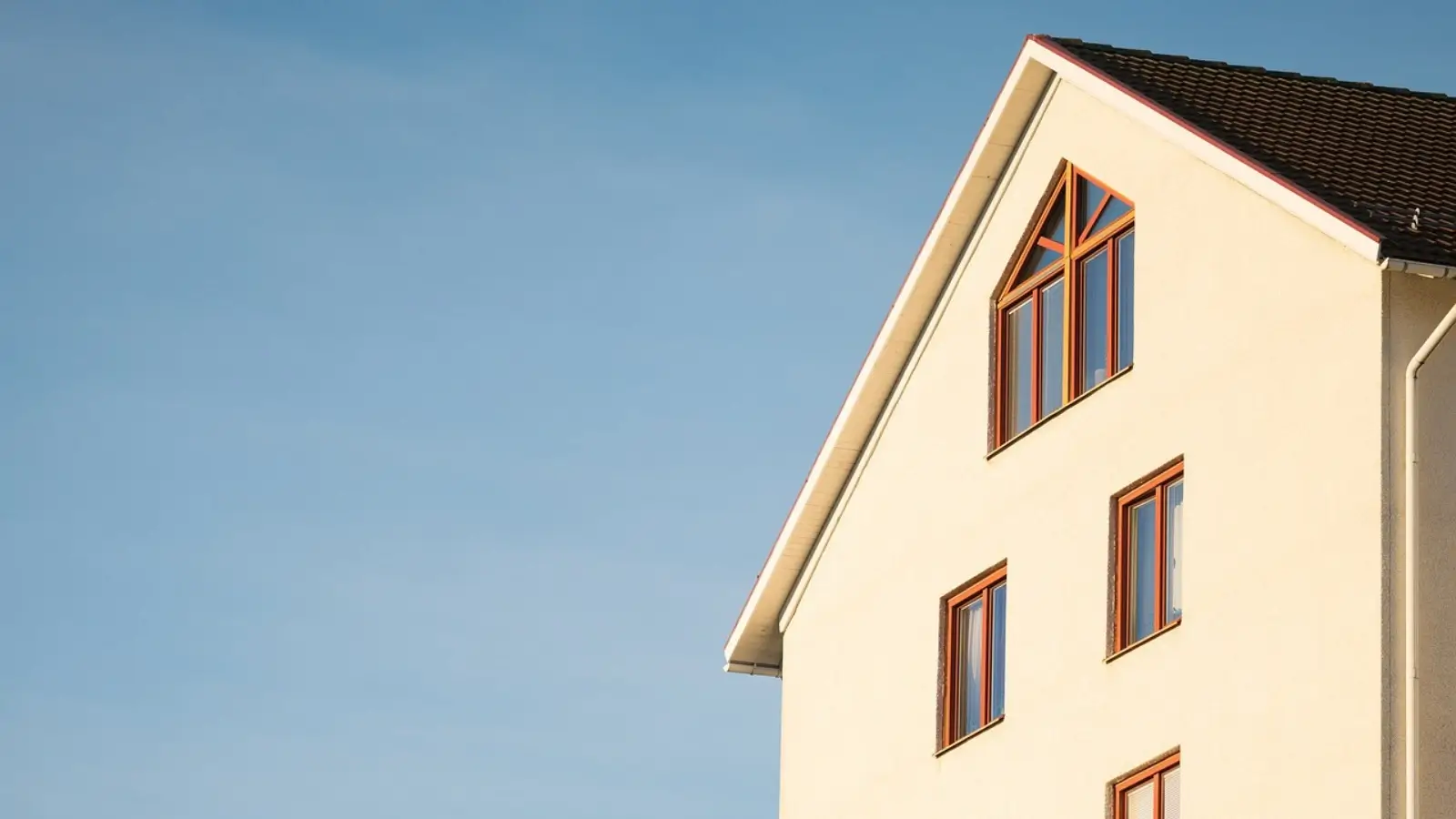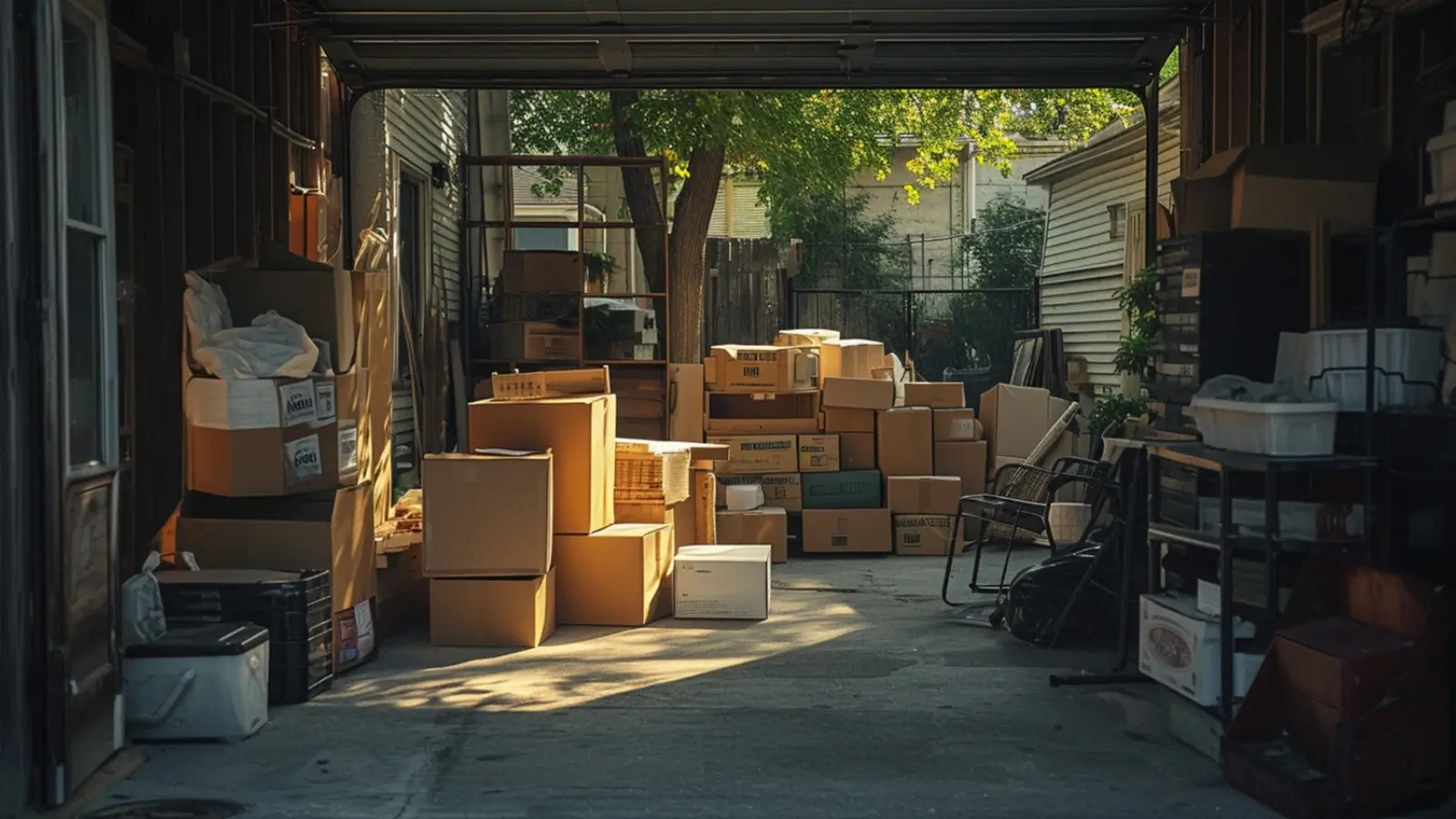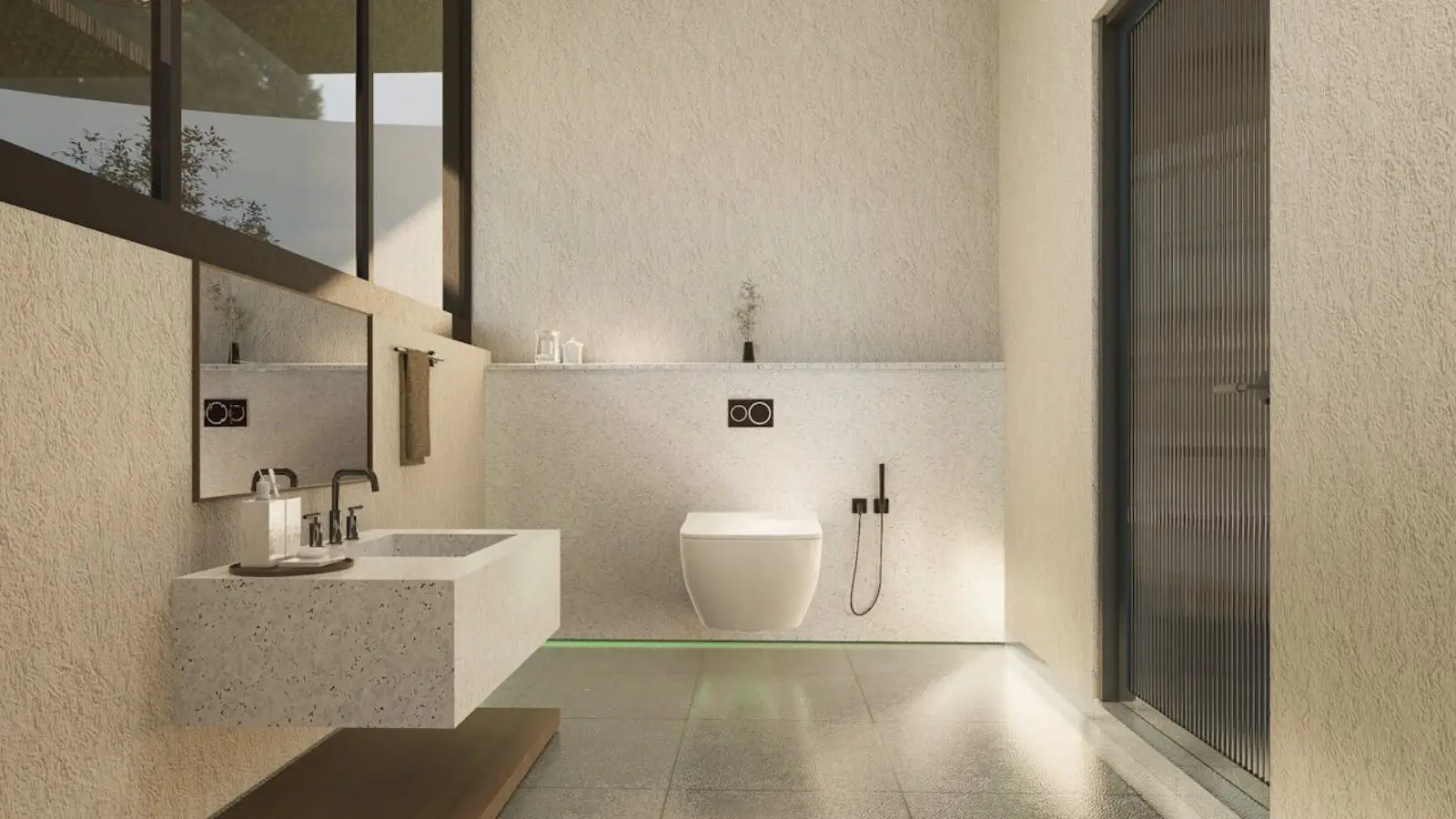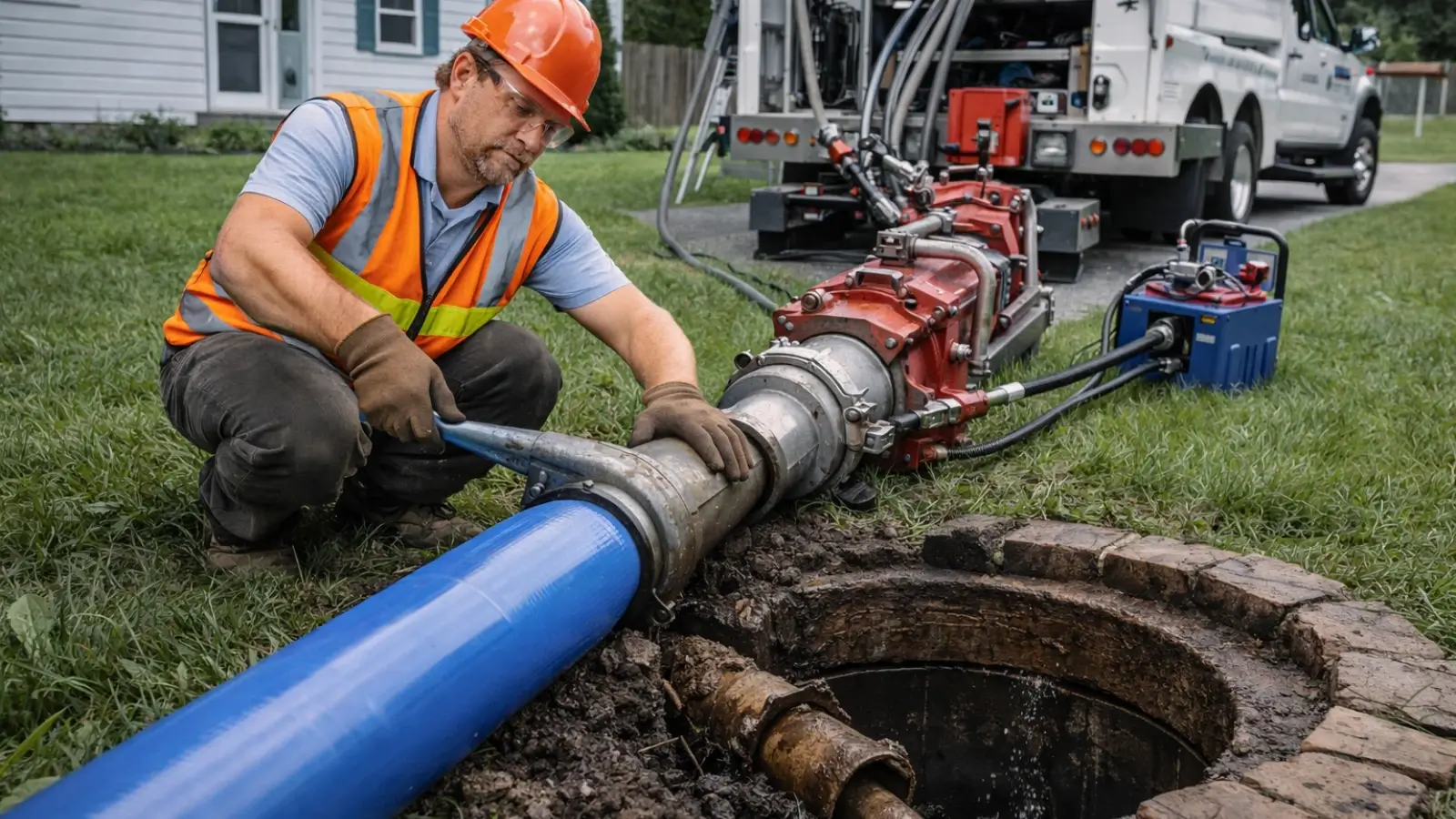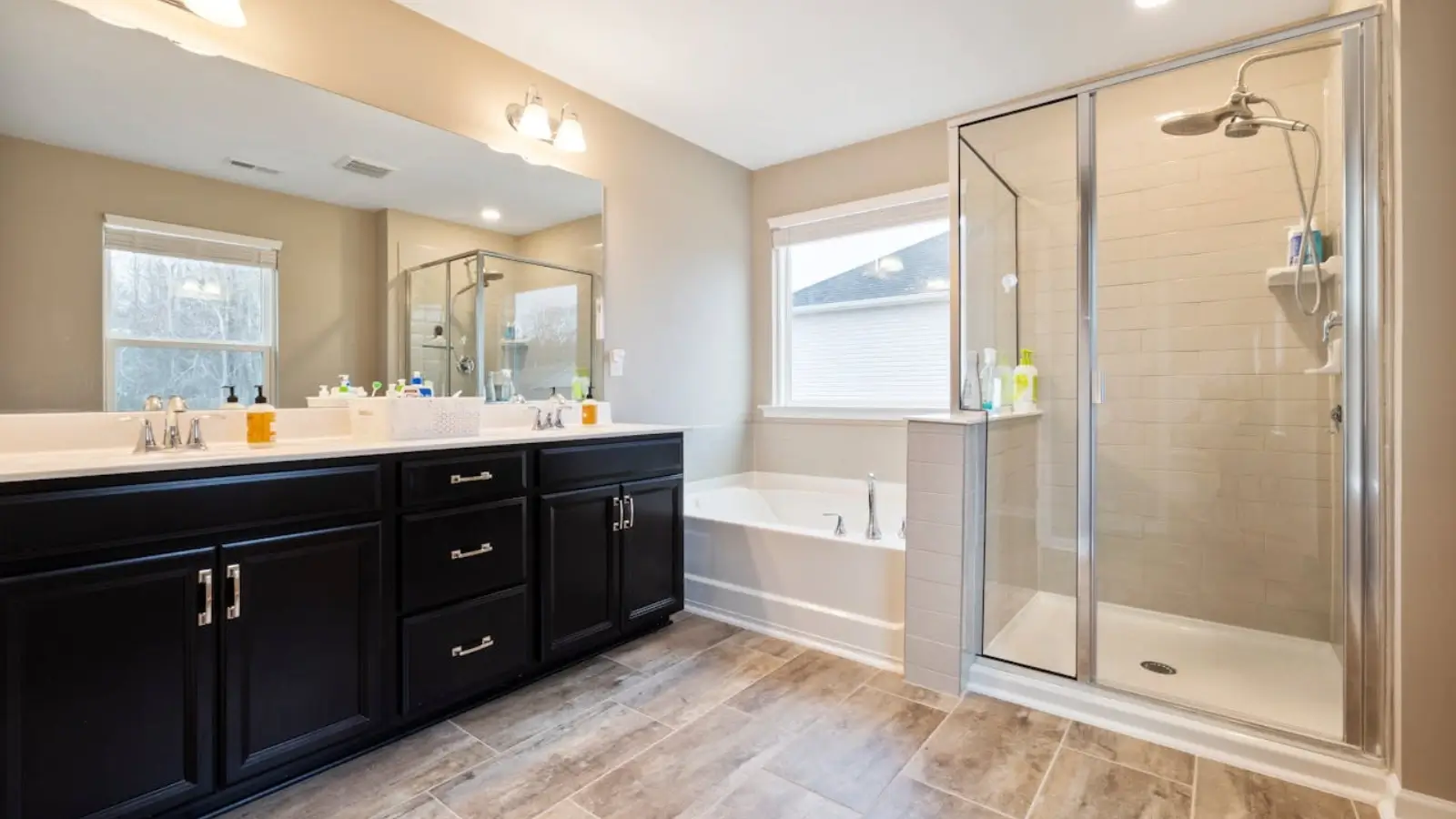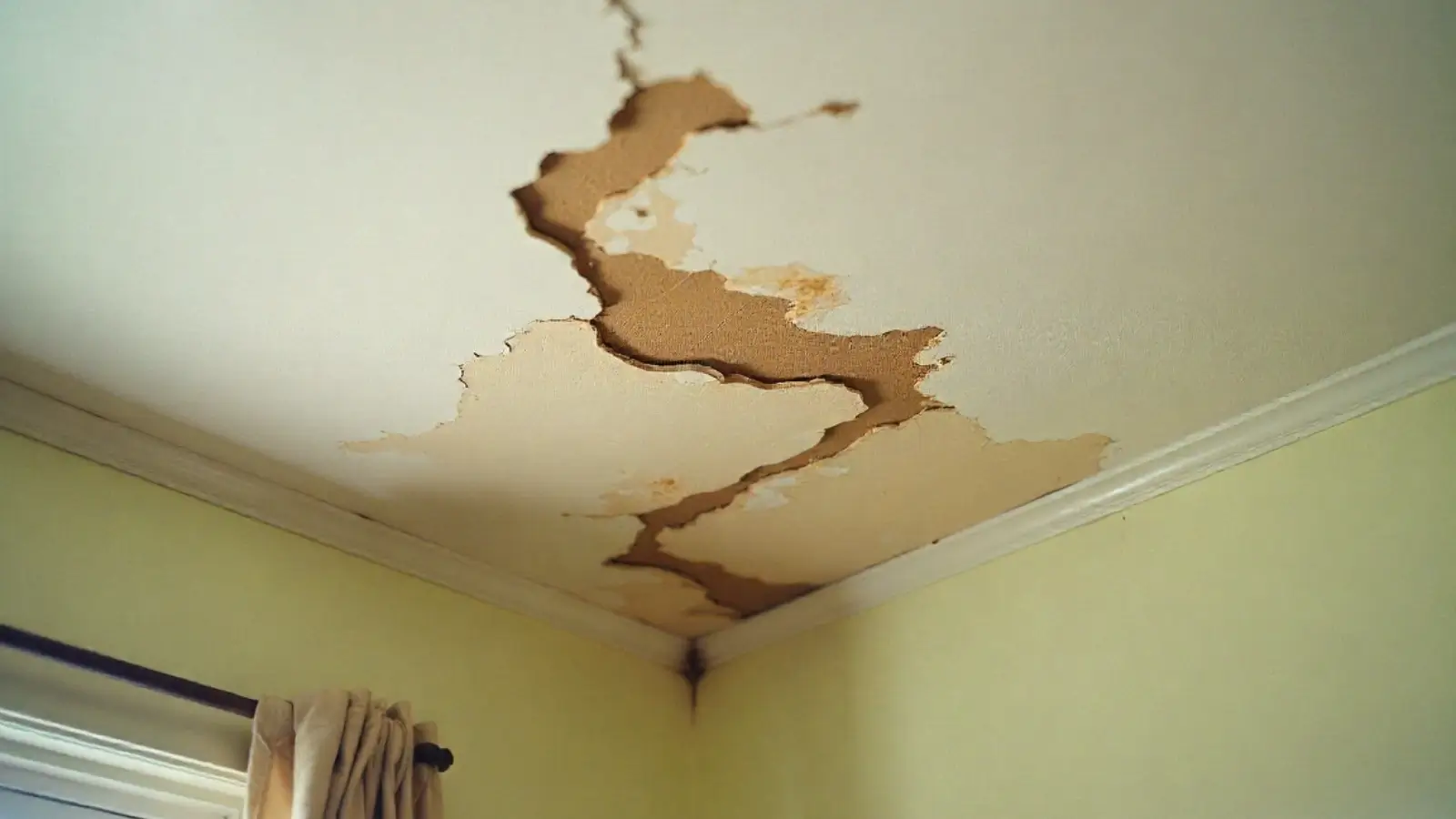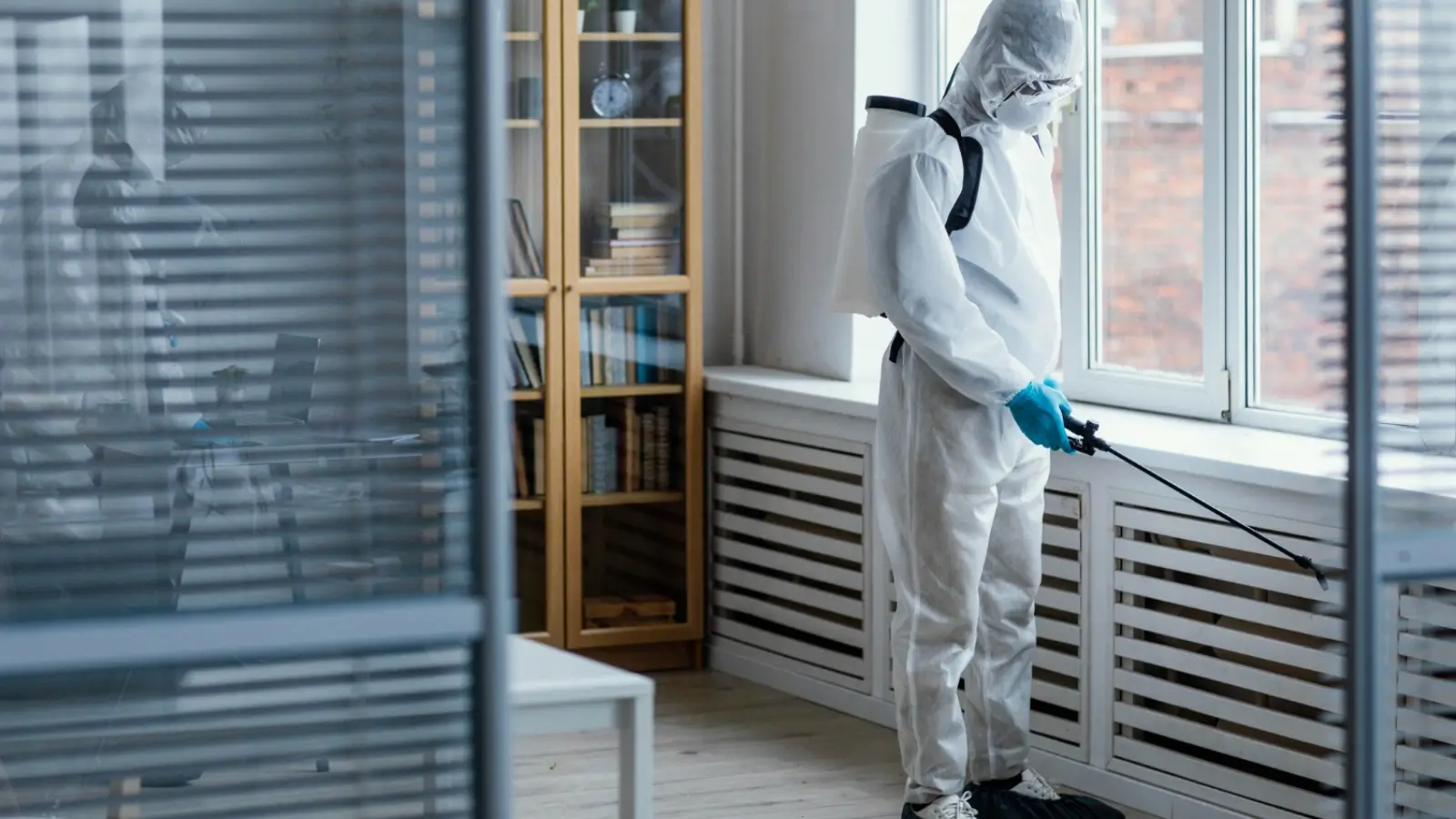Pests are a common concern for homeowners, as they can cause a range of issues - from structural damage to health problems. Effective pest control measures are crucial in maintaining a safe and comfortable living environment. This article delves into the essentials of keeping your home pest-free, offering insights into preventive measures, traditional and modern management practices, and when to seek professional assistance.
Understanding Pest Behaviour
To effectively manage pests, one must understand their behaviour, lifecycle, and the factors that attract them to homes. Pests such as rodents, insects, and arachnids are in constant search of food, water, and shelter. If your home provides these necessities, it can become a target for infestations.
Preventive Measures
The first line of defence against pests is prevention. Home maintenance tasks like sealing cracks and gaps, fixing leaky pipes, and ensuring good sanitation can significantly reduce the risk of pests. It's essential to dispose of garbage regularly and store food in tightly sealed containers. Moreover, decluttering minimises the spaces where pests can hide and breed.
Traditional Pest Management Techniques
Traditional pest management often involves the use of chemical pesticides, which can effectively reduce pest populations. However, these methods should be used with caution, as they can pose risks to human health and the environment. Natural alternatives like the use of diatomaceous earth, boric acid, or essential oils can be effective in some cases and are safer for both pets and humans.
Modern Pest Control Methods
Advancements in pest control have led to more sophisticated methods that are not only effective but also environmentally friendly. Integrated Pest Management (IPM) is a holistic approach that combines physical, biological, and chemical controls, prioritising low-risk strategies. It involves monitoring the pest population, identifying pests accurately, and choosing control methods that are targeted and sustainable.
Biological Control
Biological control introduces natural predators into your environment to manage pest populations. For instance, certain species of wasps are known to be effective in controlling caterpillar populations that damage crops. While this method has been used primarily in agriculture, it holds potential for residential pest management as well.
Physical Controls
Physical controls include traps, barriers, and manual removal of pests. These are often used in conjunction with other methods for greater effectivity. For instance, ultrasonic repellents can deter certain pests, while fly screens and door seals prevent their entry into your home.
Professional Pest Control Services
While DIY measures can be somewhat effective, some infestations require the expertise of professional pest control services. These professionals have access to commercial-grade products and equipment and can implement strategies that are both safe and effective. They are also trained to handle the full scope of pest-related issues, ensuring that the root cause of an infestation is addressed.
Regular Inspections
Regular home inspections can identify potential pest issues before they escalate. Checking for signs of pests, such as droppings, nests, or damage to wood and fabric, can help you act swiftly to control an infestation. Even if there are no visible signs, it's good practice to schedule annual inspections with a pest control specialist.
Long-Term Solutions
Effective pest management is an ongoing process. Implementing long-term solutions such as landscaping to deter pests, using pest-resistant building materials, and maintaining a clean and tidy environment will go a long way in keeping your home pest-free. Always consider the long-term impact of any control method you choose.
Educating Yourself and Your Community
Education plays a critical role in pest control. Understanding the types of pests common in your area and the risks they pose can help you make informed decisions. Furthermore, community efforts, such as neighbourhood clean-ups, can reduce overall pest issues in the area, benefiting all residents.
The Role of Pest Control in Public Health
Pest management is not only about protecting your property but also about safeguarding public health. Pests can carry diseases, trigger allergic reactions, and cause other health concerns. Effective control measures contribute to the overall well-being of the community.
The Importance of Sustainable Practices
As we become more aware of our environmental impact, sustainability in pest control practices has gained importance. Using eco-friendly products, minimising the use of chemicals, and adopting IPM are ways to ensure that pest control efforts do not adversely affect the environment.
Conclusion
In summary, maintaining a pest-free home involves a combination of prevention, regular maintenance, traditional methods, modern innovations, and professional assistance. By understanding pest behaviour and taking proactive and informed steps, homeowners can protect their property and health. Always prioritise safe and sustainable practices in your pest control efforts.
By remaining vigilant and implementing these pest control essentials, you can enjoy a comfortable, healthy, and pest-free living space for years to come.










